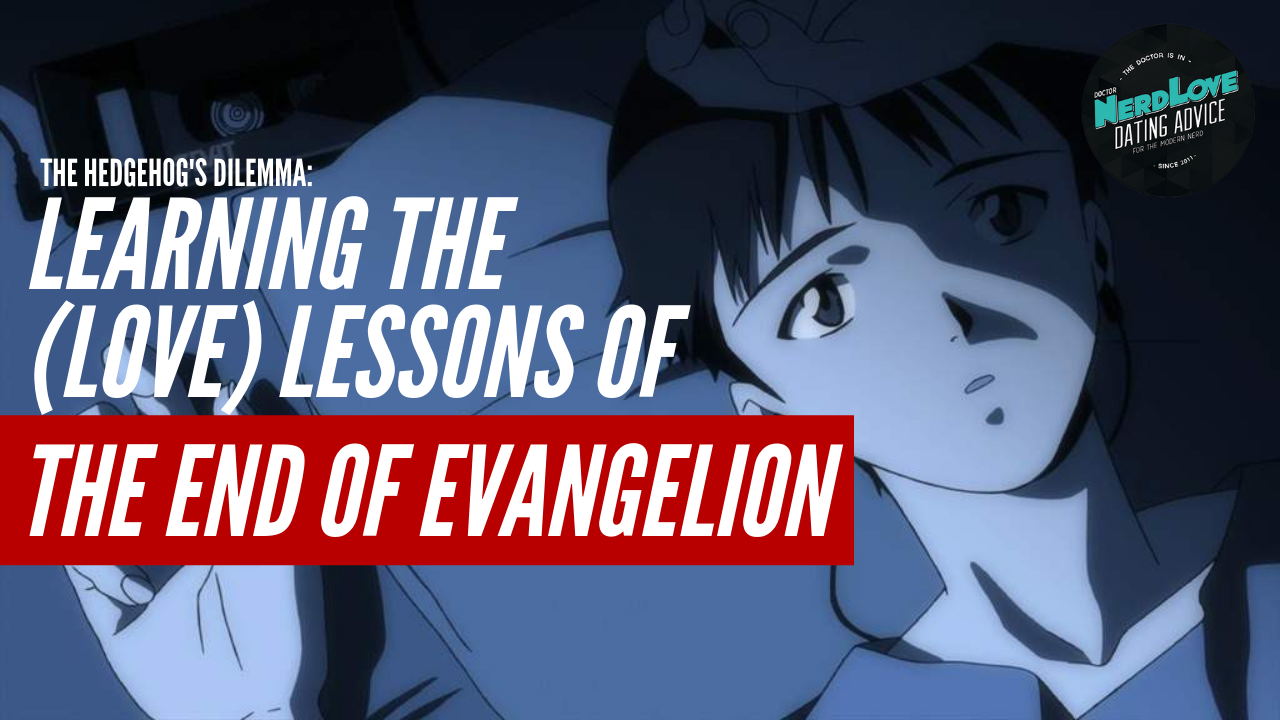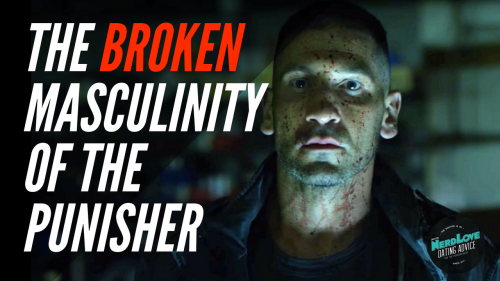One of the topics that comes up the most often when it comes to dating advice is, paradoxically, the one that folks get wrong the most often: “what do women find attractive in men?” This is an evergreen subject (ahem), in no small part because of how often guys buy into mistaken ideas about what…
Learn From This
What “Forged in Fire” Can Teach Us About Manhood
I’m a big believer in the idea that your attitude shapes your life and the world around you. Perception is, in a very real way, the filter through which we interact with the world, and we can choose how to perceive it. Choose the right outlook and the right beliefs and the world will provide you…
Read more about What “Forged in Fire” Can Teach Us About Manhood
What Men Need to Know About Attraction
One of the hardest parts of learning how to get better at dating is, ironically, learning how to get out of your own way. Men, especially men without much social experience, have a tendency to sabotage their own progress. The single biggest culprit that stands in the way between guys and romantic success? Buying into…
Learning The (Love) Lessons of End of Evangelion
One of the issues that can make discussing dating and self-improvement difficult is just how abstract some of the ideas we talk about can be. It’s one thing to talk about concepts like the difference between internal or external validation or what being charming looks like in practice. That’s why it can be handy to…
Read more about Learning The (Love) Lessons of End of Evangelion
Episode #114 – The Mistake That’s Costing You Dates
This common belief is ruining your relationships and making it impossible to find the dating success you want. SHOW HIGHLIGHTS: How one simple change in your mindset means the difference between romantic success and failure How guys sabotage their own chances with women What Doctor Horrible’s Sing-Along Blog teach us about Nice Guys and Bad…
Read more about Episode #114 – The Mistake That’s Costing You Dates
The Broken Masculinity of The Punisher
Warning: Spoilers for parts of Daredevil season 2 and The Punisher Like the incredible Jessica Jones, Marvel’s The Punisher examines and elevates a character and a genre defined by tropes and clichés. Despite being one in a long series of knock-offs of the Lone Vigilante genre – codified in its modern format by Death Wish and the Executioner…






